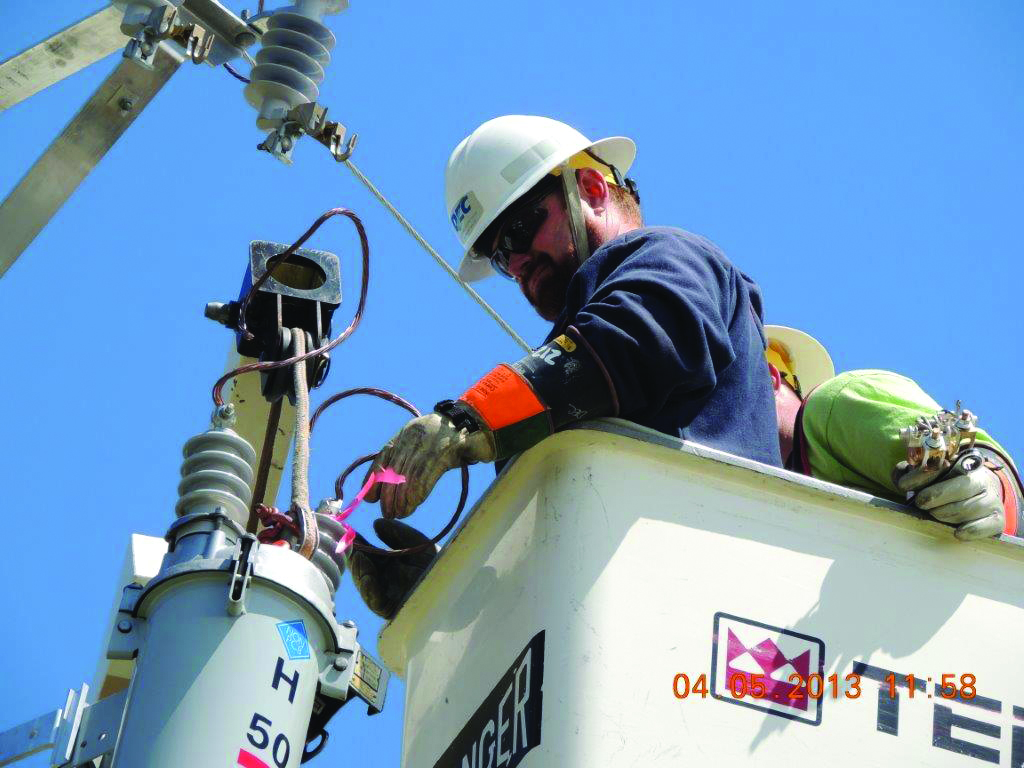May Means it's Electrical Safety Month
May. 22, 2017 | Energy Saving Tips

May Means it’s Electrical Safety Month
Knowing the ins and outs of electrical safety in the home and workplace is imperative to a hazard-free environment. And yet, it’s often overlooked. With around 400 electrocutions occurring each year, it’s important to review some basic safety tips that everyone should know. And what better time than May, National Electrical Safety Month? Check out these tips before starting any of those DIY projects you’ve been putting off.
Tip #1: Avoid an Overload
Electrical overloads occur when a receptacle is taking in more current than it is wired to handle. You might be overloading your system if you’ve noticed the lights repeatedly flickering, a discoloration around an outlet, or a burning smell coming from a receptacle. One of the best ways to prevent this is to make sure you’re plugging major appliances directly into the wall, not into an extension cord first. If your outlet is still having trouble sourcing that much power, check with an electrician. You may need to upgrade your electric service.
Tip #2: Cut the Cord
Extension cords are great for temporary use, but as a long-term solution, they could do more harm than good. If you are using them on a permanent basis, it probably means you should look into amping up your power. Otherwise, you could have a potential fire-hazard on your hands. Even for short, simple projects, certain conditions should be observed. Rule one, don’t ever plug one extension cord into another for long periods of time. Doing so can reduce wattage in both cords, which in turn could lead to an electrical fire. Another tip: make sure the cord you are using is in compliance with the appliance you are using. Otherwise, you could end up with an overload, and -- well, you know how that goes. (See tip one if you are still unsure!)
Tip #3: Have Back-up
Regardless of how careful you are, accidents do happen. So it never hurts to have some support. A good way to do that is to make sure all of your home/office smoke detectors are functional. Make sure you are replacing batteries in your smoke detectors at least once a year, and test them once a month. Not only will you have an alert if something does go wrong, but you’ll feel safer, too.
Tip #4: Get the Right Gear
Just like wearing the right suit can help get you hired, the right clothes and equipment when working with electricity is necessary to get the job done while keeping you safe. Experts recommend wearing goggles, gloves, and in some cases hearing protection when working with electricity, along with clothing best suited for the task (maybe flip-flops aren’t the best idea?).
Whatever the project, make sure you’re staying safe during all electrical endeavors this summer.